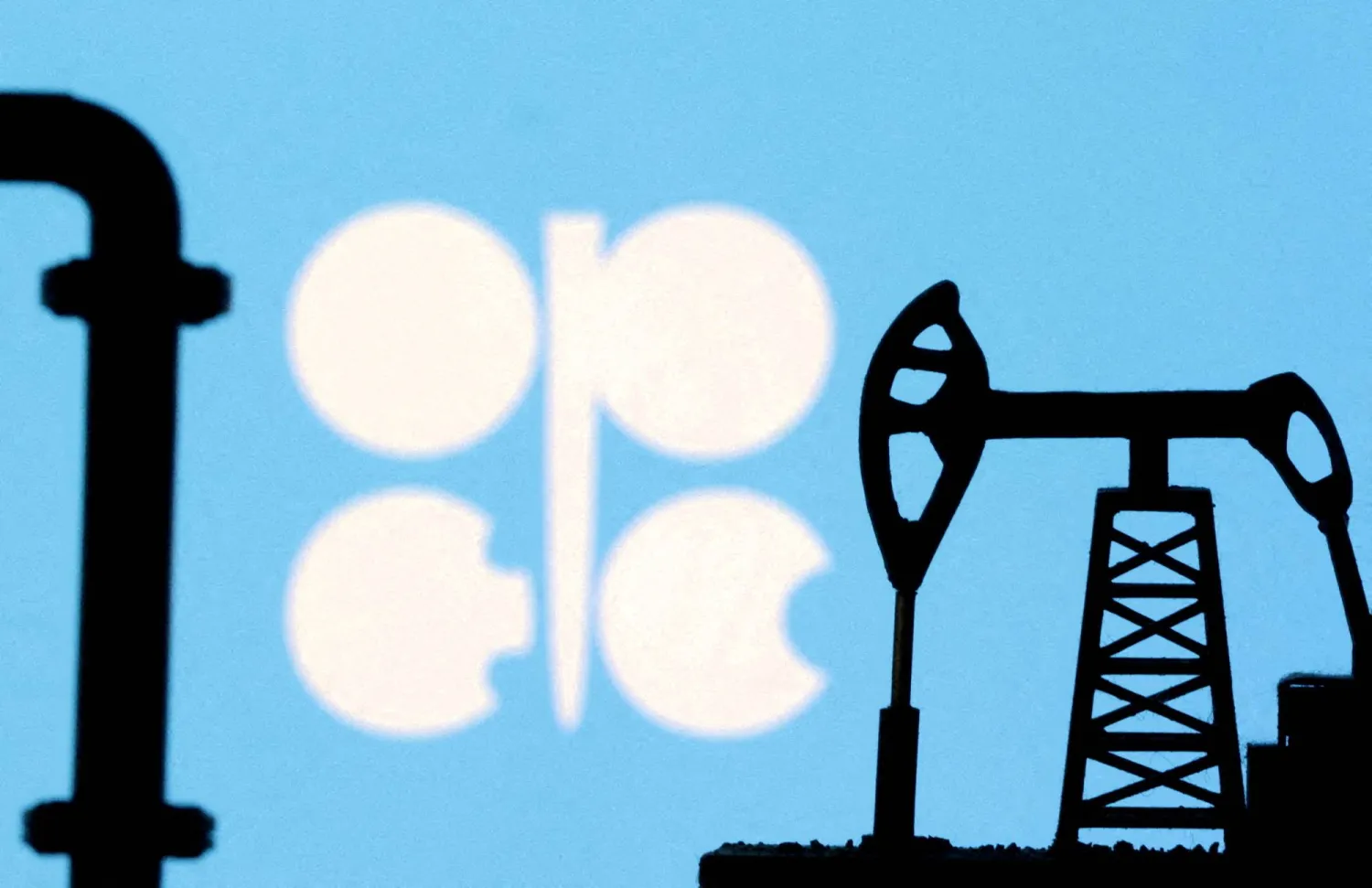Saudi Arabia, Russia and six other key members of the OPEC+ alliance will discuss crude production on Saturday, with analysts expecting the latest in a series of output hikes for August.
The wider OPEC+ group -- comprising the 12-nation Organization of the Petroleum Exporting Countries (OPEC) and its allies -- began output cuts in 2022 in a bid to prop up prices.
But in a policy shift, eight alliance members surprised markets by announcing they would significantly raise production from May, sending oil prices plummeting.
Oil prices have been hovering around a low $65-$70 per barrel.
Representatives of Saudi Arabia, Russia, Iraq, United Arab Emirates, Kuwait, Kazakhstan, Algeria and Oman will take part in Saturday's meeting, expected to be held by video.
Analysts expect the so-called "Voluntary Eight" (V8) nations to decide on another output increase of 411,000 barrels per day (bpd) -- the same target approved for May, June and July.
The group has placed an "increased focus on regaining market shares over price stability," said Saxo Bank analyst Ole Hansen.
Enforcing quotas
The group will likely justify its decision by officially referring to "low inventories and solid demand as reasons for the faster unwind of the production cuts", UBS analyst Giovanni Staunovo told AFP.
But the failure of some OPEC member countries, such as Kazakhstan, to stick to their output quotas, is "a factor supporting the decision", he added.
According to Jorge Leon, an analyst at Rystad Energy, an output hike of 411,000 bpd will translate into "around 250,000 or 300,000" actual barrels.
An estimate by Bloomberg showed that the alliance's production increased by only 200,000 bpd in May, despite doubling the quotas.
No effect from Israel-Iran war
Analysts expect no major effect on current oil prices, as another output hike is widely anticipated.
The meeting comes after a 12-day conflict between Iran and Israel, which briefly sent prices above $80 a barrel amid concerns over a possible closing of the strategic Strait of Hormuz, a chokepoint for about one-fifth of the world's oil supply.
As fears of a wider Middle East conflict have eased, and given there "were no supply disruptions so far", the war is "unlikely to impact the decision" of the alliance, Staunovo added.
The Israel-Iran conflict "if anything supports a continued rapid production increase in the unlikely event Iran's ability to produce and export get disrupted," Hansen told AFP.










